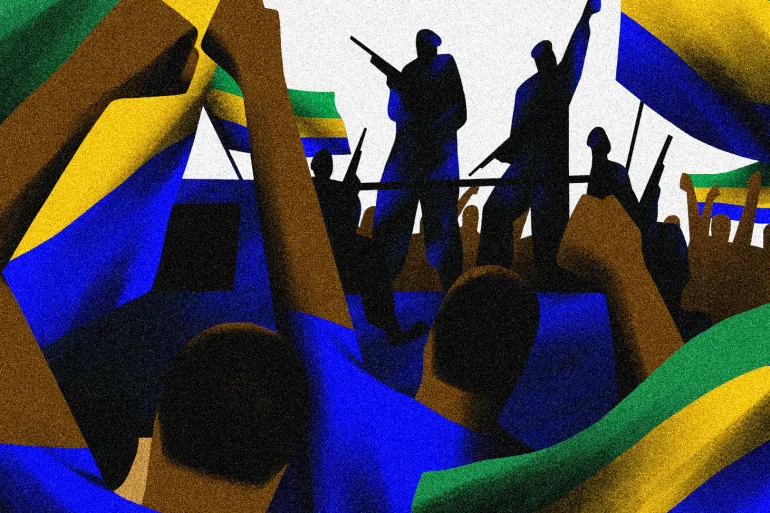In recent years, Africa has witnessed a concerning rise in military takeovers, leading many to question the state of democracy on the continent. Analysts argue that civilian governments bear responsibility for this slide, as weak democratic processes have often failed nations, resulting in deepening inequality, corrupt administrations, and fragile ethnic and cultural accords.
Since 2020, there have been nine coups in West Africa, Central Africa, and the Sahel region, highlighting a troubling trend. Mali, Guinea, Chad, Burkina Faso, Niger, and Gabon are among the countries that have experienced military coups, with some even witnessing multiple coups within a short period. The reasons behind these coups vary, from corruption allegations to high living costs and a lack of job opportunities.
One of the key factors contributing to the support for military takeovers is the disillusionment with democratic governance. A majority of people polled in 34 African countries expressed dissatisfaction with the dividends of democracy, citing corruption, human rights abuses, ethnocentrism, and the militarization of civilian politics as ongoing challenges. This growing distrust of the political elite has led to mounting apathy or active support for military rule.
Experts also point to other factors behind public support for coups, including the belief that military interventions can bring about change within the existing elite. However, in some instances, coups only result in a reshuffling of power among the pre-existing ruling class, leaving underlying issues unresolved.
The international community, including former colonial powers like France and regional groupings like the Economic Community of West African States (ECOWAS), also plays a role in shaping the dynamics of coups in Africa. France, with its historical ties to the region, has often prioritized stability over democratic principles, supporting leaders who rely on dubious elections and military force to maintain power. This approach has led to criticism and calls for African countries to seek alternative partnerships to meet their demands.
The future of the region remains uncertain. Many countries in West Africa and the Sahel face challenges such as contested elections, third-term presidents clinging to power, insecurity, and stagnant economies. While not every country is destined to witness a coup, the combination of these factors increases the risk. Armed groups are exploiting the state of insecurity to expand their influence, posing a threat to stability and providing fertile ground for extremist groups to thrive.
Regional organizations like ECOWAS have faced criticism for their perceived inability to deter coups and effectively support struggling governments in delivering on democratic mandates. In some cases, the bloc has been slow to respond or has failed to take decisive action, undermining its legitimacy in addressing the coup epidemic.
To address this crisis, experts emphasize the need for African governments to address deficiencies in democratic governance and prioritize the delivery of essential public services. Without meaningful efforts to improve democratic processes and meet the expectations of the people, democracy in Africa will remain an elusive aspiration.
